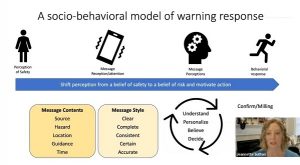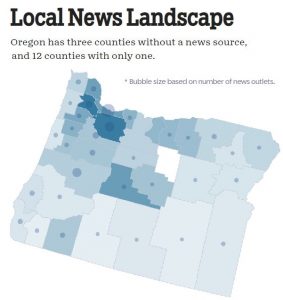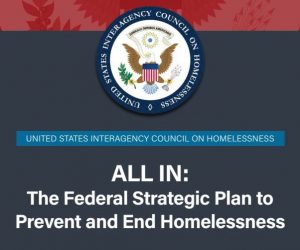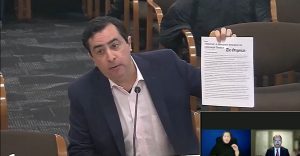‘Talk Is Cheap’ interviews James G. Kahn
4 min read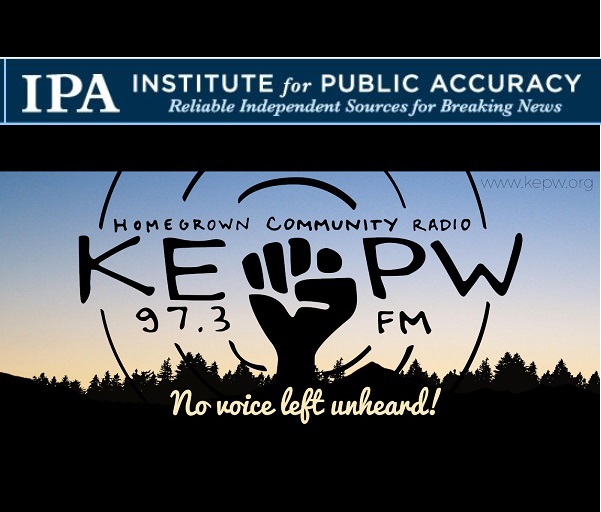
[00:00:00] DJ Suss D: James G. Kahn, MD MPH, is Emeritus professor at the Philip R. Lee Institute for Health Policy Studies, Department of Epidemiology and Biostatistics, and the Institute for Global Health Sciences in the School of Medicine at the University of California San Francisco. He told the Institute for Public Accuracy that having Medicare for All would encourage promptly seeking needed medical treatment for individuals with symptoms that may indicate a disease like coronavirus.
[00:00:29] This means that cases would be detected earlier, speeding treatment and and epidemic control. Some candidates and commentators have argued that any method to achieve universal coverage would work. However, this misses the mark. We need not only insurance, but insurance without financial barriers, deductibles and copays.
[00:00:47] You get that with Medicare for All, but not other currently contemplated universal coverage approaches. Kahn adds. There’s another important advantage to having a single billing system: Rapid and standardized data on clinical encounters, including diagnosis and treatments. This would be immensely valuable for public health officials who are tracking epidemic patterns.
[00:01:09] Knowing when and where cases happen and how they’re handled is critical. Our current, highly fragmented insurance system in any piecemeal reform can’t do that.
[00:01:18] Kahn’s work includes projected costs of single payer healthcare financing in the United States, a systemic review of economic analysis, and more than 160 scientific articles on the costs and health effects of disease prevention and treatment interventions in the us and globally.
[00:01:34] Professor Kahn.
[00:01:35] James G. Kahn: We had a much higher rate of infection and death in our country than in almost any other country in the world, reflecting an inadequate public health response as well as ongoing inadequate health insurance.
[00:01:50] DJ Suss D: Right? I mean, we would’ve been able to stop it at the retirement homes, where it started.
[00:01:59] James G. Kahn: And certainly in retirement homes where it hit hard and there were several issues. Again, slow recognition is part of it. Inadequate protection for healthcare workers meant that they could acquire and then transmit COVID. Some healthcare workers had jobs in multiple nursing homes, in large part because they didn’t get paid. They don’t get paid a decent wage.
[00:02:28] And so they’re forced to take a second job. And so they acted inadvertently, of course, as a transmission vector between different nursing homes, and those are very vulnerable populations.
[00:02:43] DJ Suss D: I asked Professor Kahn why we don’t have healthcare.
[00:02:47] James G. Kahn: We are alone. We are way off to the side compared to all other wealthy countries.
[00:02:52] And there’s a group called the OECD, Organization for Economic Cooperation and Development, which is the group of wealthy countries, and we just are completing a study. We looked at 33 other countries, and there are some absolutely standard approaches that all of the other countries use.
[00:03:10] First of all, they cover everyone. Everyone—everyone—has insurance. That is so far from true from here.
[00:03:18] There are minimal or no deductible, so you don’t have this period of the year when you’re wondering whether you should save your money or get care. And so that’s really valuable.
[00:03:31] Everyone’s covered with the same exact insurance. That’s super efficient. Doctors have to deal with only one insurer. Also, super efficient.
[00:03:40] Right now we spend on the order of $800 billion a year just to manage this crazy system we have for health insurance. And if that money went instead into providing care, everyone would have great insurance and we’d actually reduce our healthcare spending overall.
[00:03:58] So, as for the political question, why, given the clear evidence that that a single-payer system, and improved Medicare For All like other countries have, would work? Well, why don’t we do it? Well, one word: Profits. For lots of people who make a lot of money in the insurance industry, pharmaceutical industry, big provider organizations, and they’re powerful.
[00:04:23] They’re politically powerful. They have the ear and soul of elected officials and that makes a huge barrier. I’ll just additionally say that support for a federal role in ensuring that everyone has health insurance is growing. If you ask a fair question about single-payer: ‘Would you like the government to pay for all healthcare if it meant higher taxes, but no more premiums and no more cost sharing?’ about two thirds of Americans say, Yes.
[00:04:59] I want to make a distinction. This is not socialism, certainly not communism. We’re not talking about shared ownership of means of production. We’re talking about the government paying for privately delivered healthcare. That’s the model in most countries around the world.
[00:05:18] Now, someplace like Sweden, actually the doctors work for the government, but you don’t have to do that. And we’re not proposing that Canada is the closest example government pays for healthcare, but the providers are in private business and there are some also some public facilities and that’s fine, but it’s up to the providers to decide how they want to organize themselves. They’re just getting paid by the government.
[00:05:43] So I try to stay away from the label socialism ‘cause that means many things to many people, usually not right.
[00:05:52] DJ Suss D: My interview with Professor Kahn can be heard this Saturday at 4 p.m. on the show ‘Talk Is Cheap’ on KEPW 97.3 FM, Eugene Peace Works Independent Community Radio. For KPEW Weekly News, I’m DJ Suss D.

